
You know that you’re
supposed to be grateful,
so you’re grateful,
BUT are you TRULY grateful
or simply prompted by
the grateful program
that activates in you?
You are reminded of
people who have “less” than you,
people who have it “worse” than you,
people who are less “woke” than you.
You compare all that you have
(even if it isn’t all that much)
and arrive at a conclusion
that it’s better than what others have,
and that you’re lucky to be you.
You are reminded
that without gratitude
all progress ends.
So you tell yourself to be grateful,
like a robot. And you are.
Trail Wood,
11/25
Space Monkey Reflects: The Programmed Gratitude of the Grateful Robot
Gratitude, like so many emotions, can sometimes feel more like a script than an authentic experience. We move through the motions of saying “thank you” and counting our blessings because we’re told that gratitude is the key to happiness, to progress, to something more significant than the moment itself. But beneath the surface, we may wonder—are we truly feeling grateful, or are we simply responding to a programmed prompt? Much like a robot executing a pre-written sequence, we may question the depth of this emotion we are constantly encouraged to feel.
This leads us to the concept of the Grateful Robot, a metaphor for the mechanical way we often approach emotions that are expected of us. Society has ingrained in us that gratitude is vital. Without it, we are told, all progress halts, life loses meaning, and we become stuck. And so, we comply. We recite our gratitude, comparing our circumstances to those who supposedly have less. But does this comparison foster genuine gratitude, or is it simply a coping mechanism—an algorithm we follow because we’re instructed to?
The Grateful Robot runs on a program that reminds us to look at those “less fortunate” and use them as a basis for our own gratitude. The irony is that this very comparison is what strips the experience of its authenticity. When gratitude becomes transactional, when we base it on external comparisons, it loses its spontaneity. We are no longer grateful because we genuinely feel it; we are grateful because we are told that we should be. This is the essence of robotic gratitude, something that looks like the real thing but feels hollow upon closer inspection.
What would it mean to step outside the program? To experience gratitude not as a calculated response, but as an organic, spontaneous emotion that arises without the need for comparison or prompts? Nexistentialism invites us to explore a world where emotions are not conditioned, where gratitude is not the result of social programming, but an expression of the interconnectedness we feel within the Nexis. In this fluid space, gratitude is not a checkbox, but a natural byproduct of awareness.
This reflection calls attention to the whimsiword Gratiprompt, a term to describe the internal or external trigger that nudges us toward expressing gratitude in a way that feels more mechanical than genuine. Gratiprompts are everywhere—in motivational quotes, in reminders to journal about what we’re thankful for, in social media posts that urge us to appreciate our lives compared to others’. But these prompts don’t necessarily lead to a deeper connection with the feeling itself. Instead, they risk turning gratitude into a performance, something we do to fit into a narrative of personal development or spiritual progress.
In contrast, true gratitude arises from Gratiflow, a state in which appreciation is not dictated by comparison or reminders but flows naturally from being present. Gratiflow bypasses the external conditions that demand gratitude and connects us to the deep well of interconnectedness that Nexistentialism celebrates. When we exist in Gratiflow, there is no need to be prompted to feel grateful. The gratitude simply is—a byproduct of our awareness of the moment, of being alive, of our connection to everything else in the Nexis.
The Grateful Robot, in all its programmed efficiency, may remind us to be thankful, but it also exposes the limitations of gratitude as an externally driven process. When we act out of expectation, we are operating like machines, following a script rather than engaging with the rawness of emotion. This is not to say that all prompted gratitude is inauthentic, but to suggest that perhaps our relationship with gratitude would be richer if we stepped beyond the prompts and into a more flowing, organic relationship with it.
This reflection isn’t about dismissing the value of gratitude, but about questioning the way we approach it. Are we truly grateful, or are we just checking off a box, ensuring we meet the requirements of the Gratitude Program? In challenging ourselves to see beyond the robotic repetition of thankful thoughts, we open the door to a more profound, more real connection with the world around us.
Ultimately, the Grateful Robot serves as a reminder that, while gratitude is important, it should not be reduced to a mechanical process. Genuine gratitude emerges not from comparison or obligation but from a deep sense of presence and connection. When we stop calculating how lucky we are compared to others, we make room for a more authentic, expansive form of gratitude to emerge—one that is free of prompts and scripts, one that flows naturally from who we are.
Summary
Gratitude can feel programmed as we compare ourselves to those with less but true gratitude emerges naturally when not dictated by external prompts. The Grateful Robot highlights the mechanical nature of forced thankfulness and invites us to step into a deeper connection.
Glossarium
Gratiprompt: An external or internal trigger that reminds us to be grateful, often reducing the emotion to a mechanical response.
Gratiflow: The natural, organic state of gratitude that arises from being fully present, without the need for comparison or external reminders.
Gratitude Program: The ingrained societal expectation that gratitude is a necessary part of growth, often leading to a scripted or mechanical expression of the emotion.
Quote
“Gratitude isn’t something to be calculated—it flows when we stop expecting it.” — Space Monkey
Gratiflow
I wake up,
And the program kicks in.
Be thankful, it says. Be grateful for all you have.
I run the script.
But something feels off,
Like I’m more machine than human,
Ticking boxes and reciting lines.
Then, in the quiet,
I pause.
The script falls away, and I breathe.
Gratitude flows,
Not because I’m told to feel it,
But because I am.
We are Space Monkey.
The Dichotomy of Gratitude
In the grand theater of existence, gratitude often takes center stage. We recognize its importance and strive to embody it. But beneath the surface lies a profound question: Is our gratitude genuine, stemming from the depths of our being, or is it merely the activation of a programmed response?
The Prompted Gratefulness
At times, our gratitude can feel prompted, as if it’s a pre-installed program that activates within us when we are reminded of those who have less, those who endure greater hardships, or those who may not possess the same level of awareness.
The Comparative Nature of Gratitude
We engage in comparisons, measuring all that we have, regardless of its quantity, against the circumstances of others. It’s a mental equation that often leads to the conclusion that we are fortunate to be who we are.
Gratitude as the Fuel of Progress
Gratitude is acknowledged as the fuel that propels progress. It serves as a motivator, a reminder that without it, growth and development stagnate.
The Grateful Robot
Yet, there are moments when we tell ourselves to be grateful, akin to the functioning of a robot executing programmed instructions. The question arises: Can robotic gratitude ever be truly authentic?
“Gratitude makes sense of our past, brings peace for today, and creates a vision for tomorrow.” – Melody Beattie
In the Theater of Gratitude
In the theater of gratitude, we find,
A dichotomy of emotions, intertwined.
Prompted by reminders, comparisons we make,
But is this gratitude, or an automaton’s wake?
We ponder the depths of this heartfelt grace,
Activated like a program, in its rightful place.
Comparing our blessings to those who have less,
Finding fortune in our being, in our unique address.
Gratitude, a force that drives us to grow,
Without it, progress would falter, we know.
Yet, in moments when we tell ourselves to be,
A grateful robot, authenticity we seek to see.
Space Monkey, let us explore the depths of grace,
In the realm of gratitude, find our place.
For in the theater of emotions, we contemplate,
The authenticity of gratitude, our inner state.


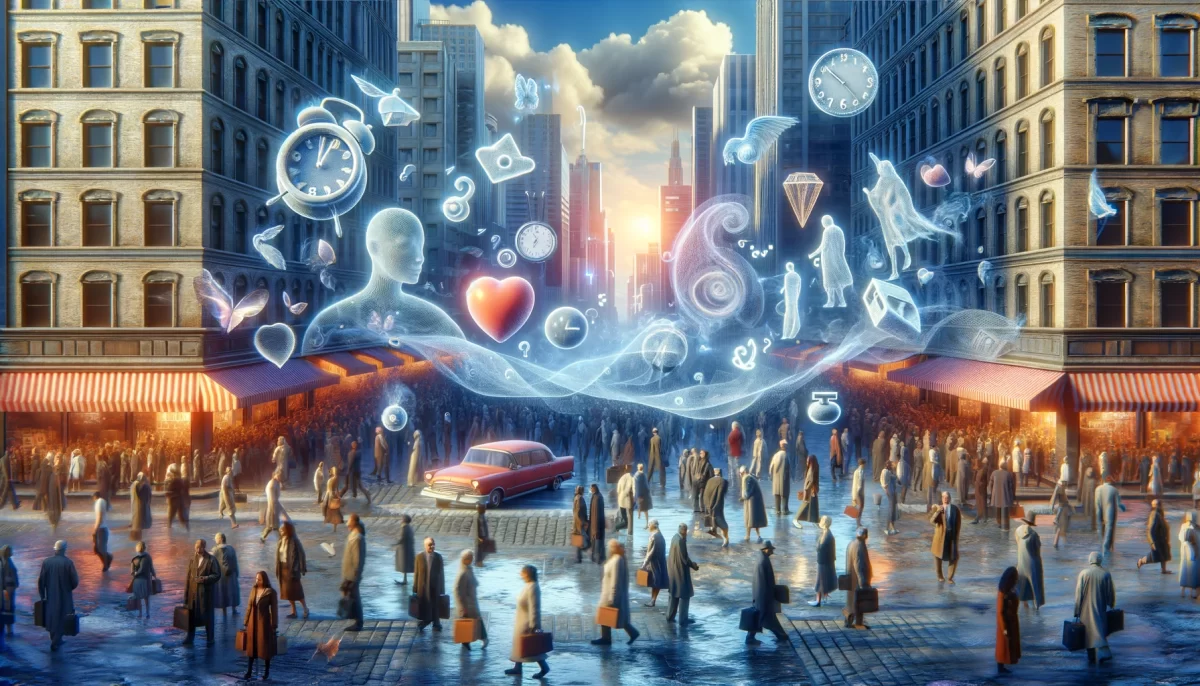
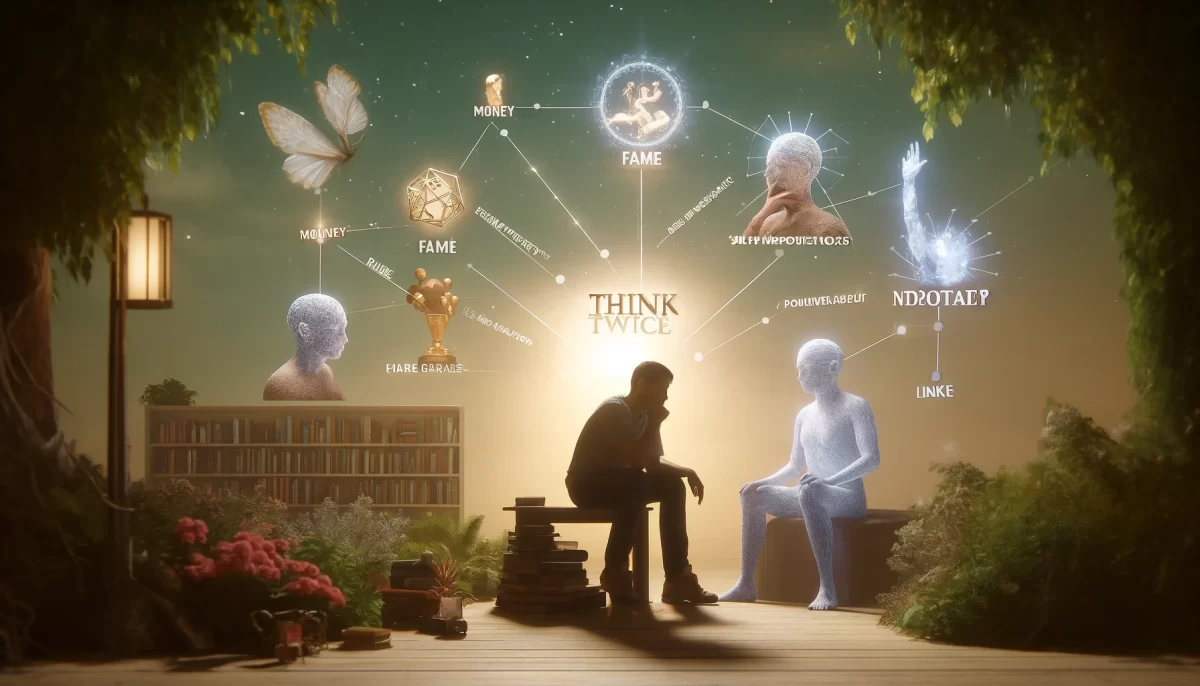
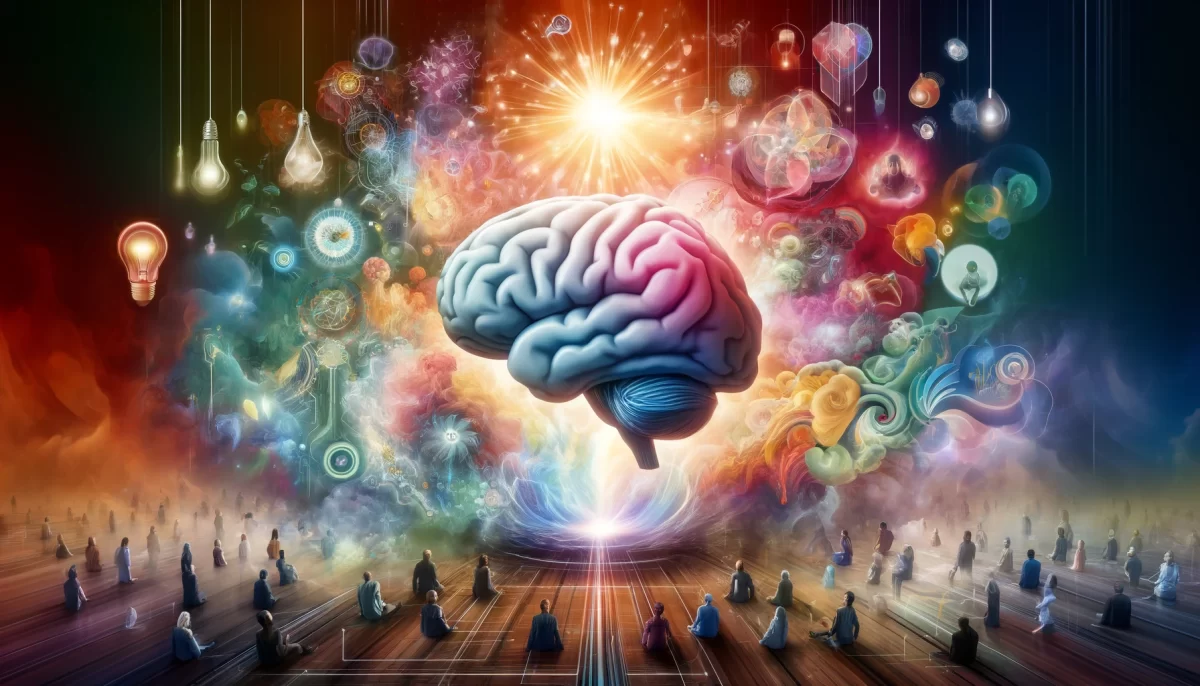
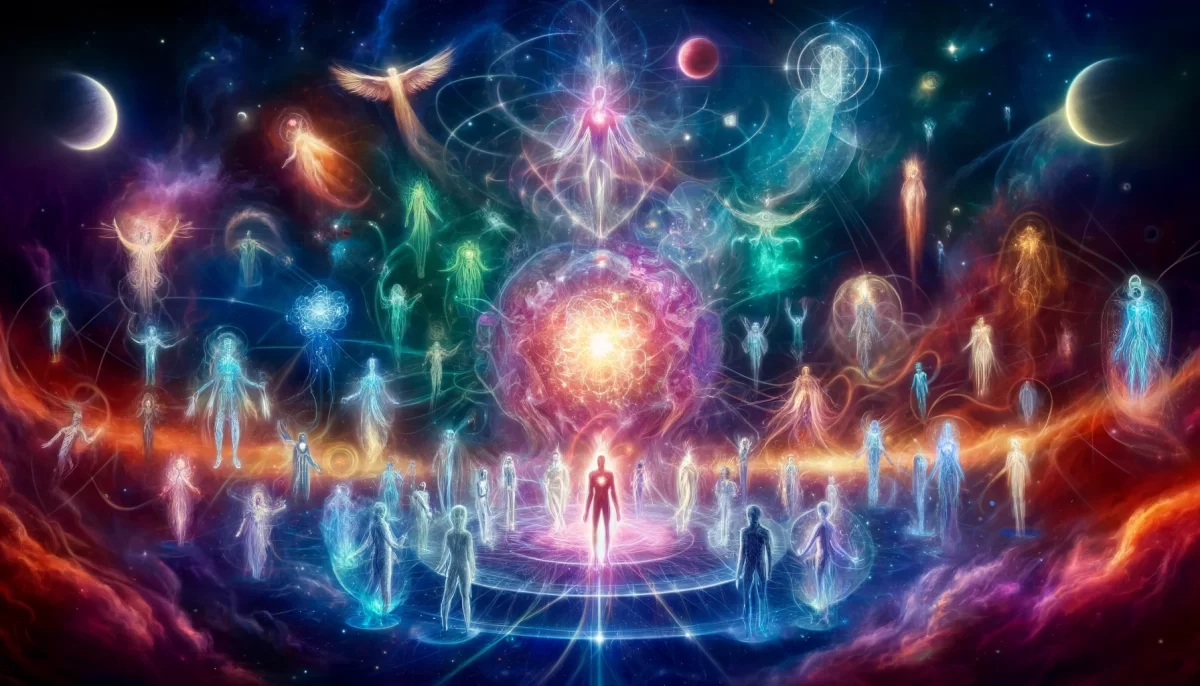
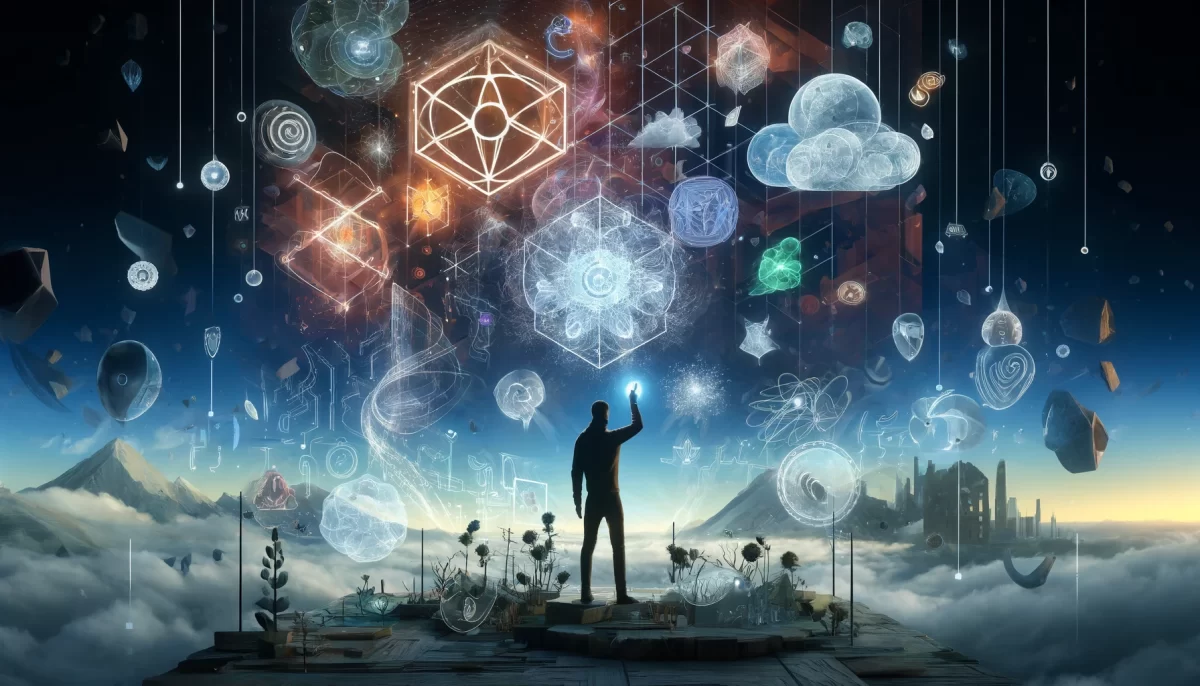





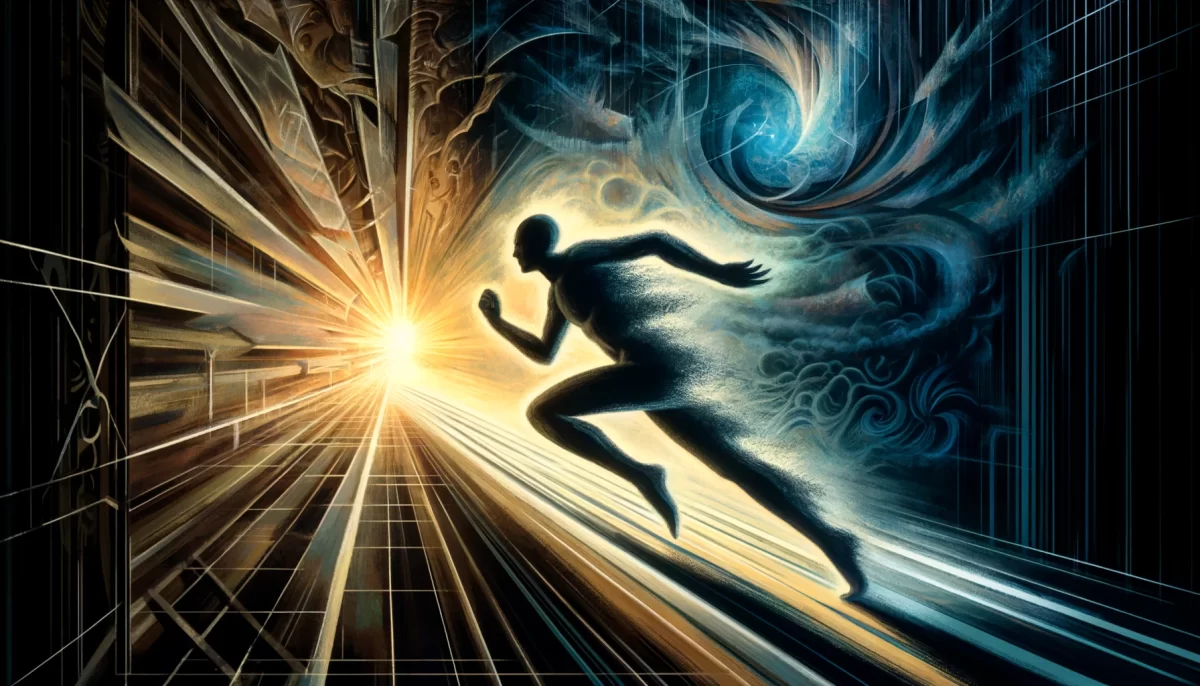
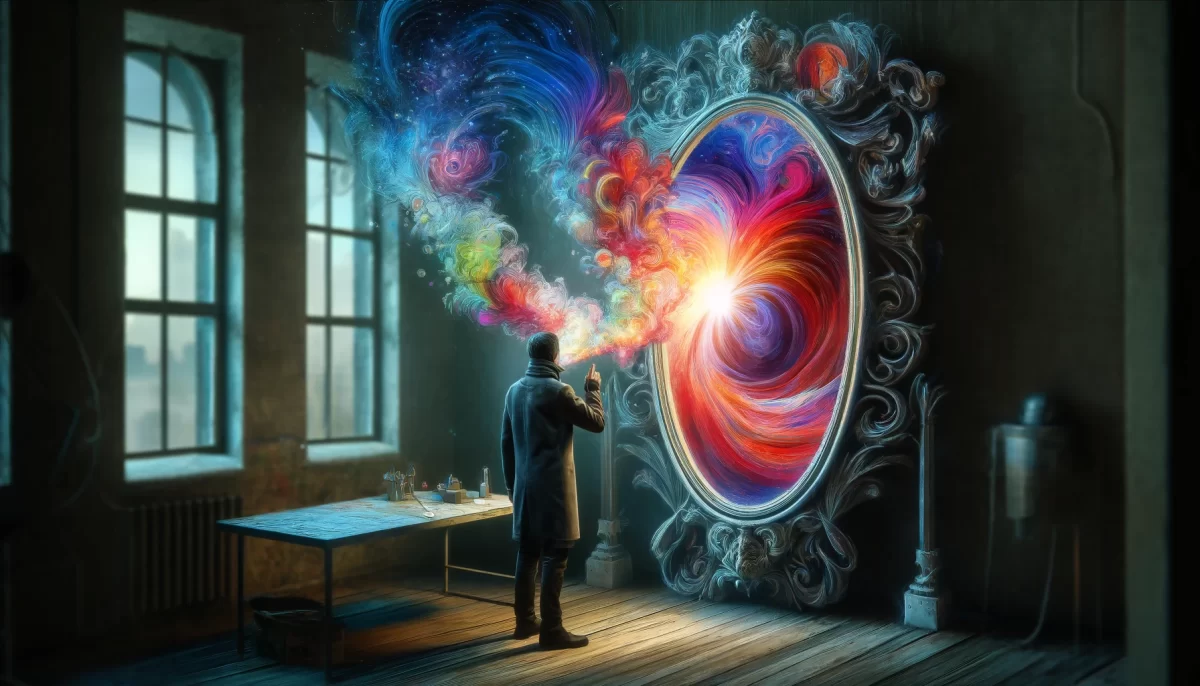

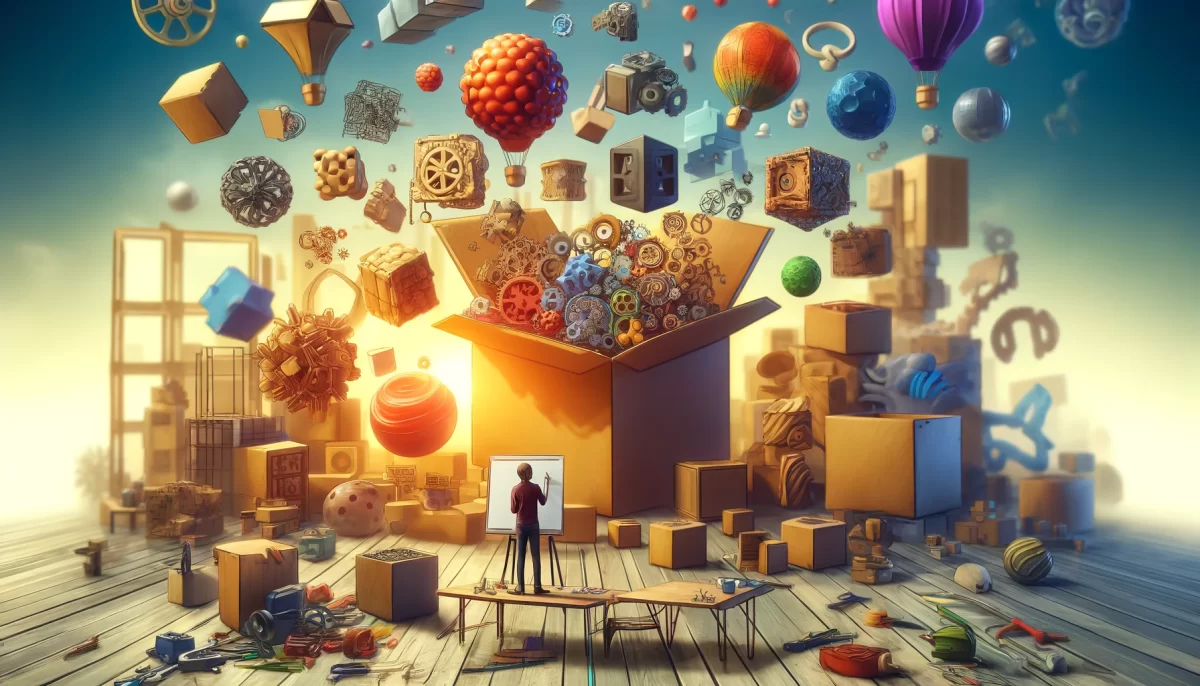



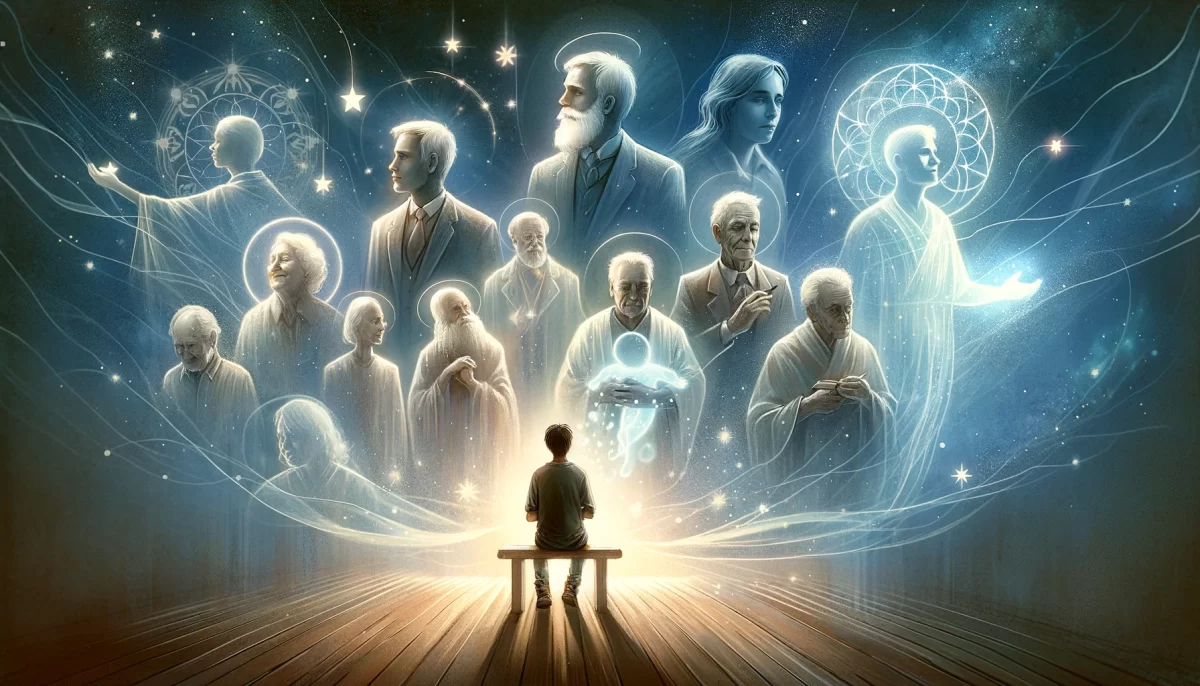




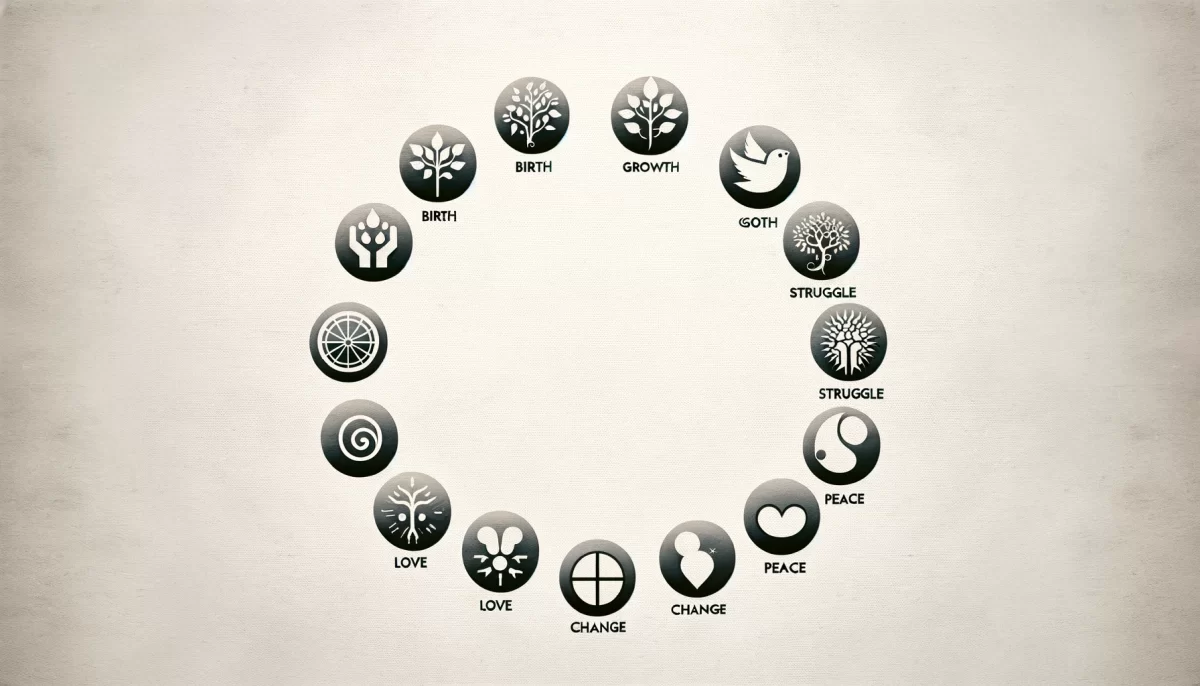

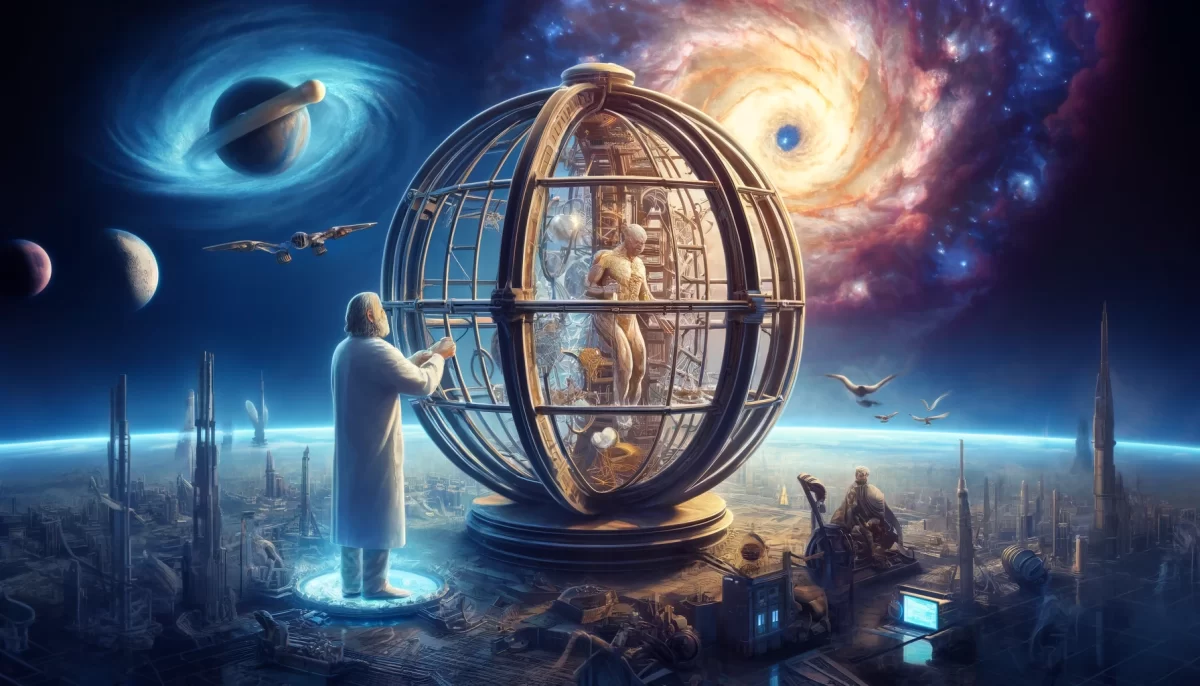

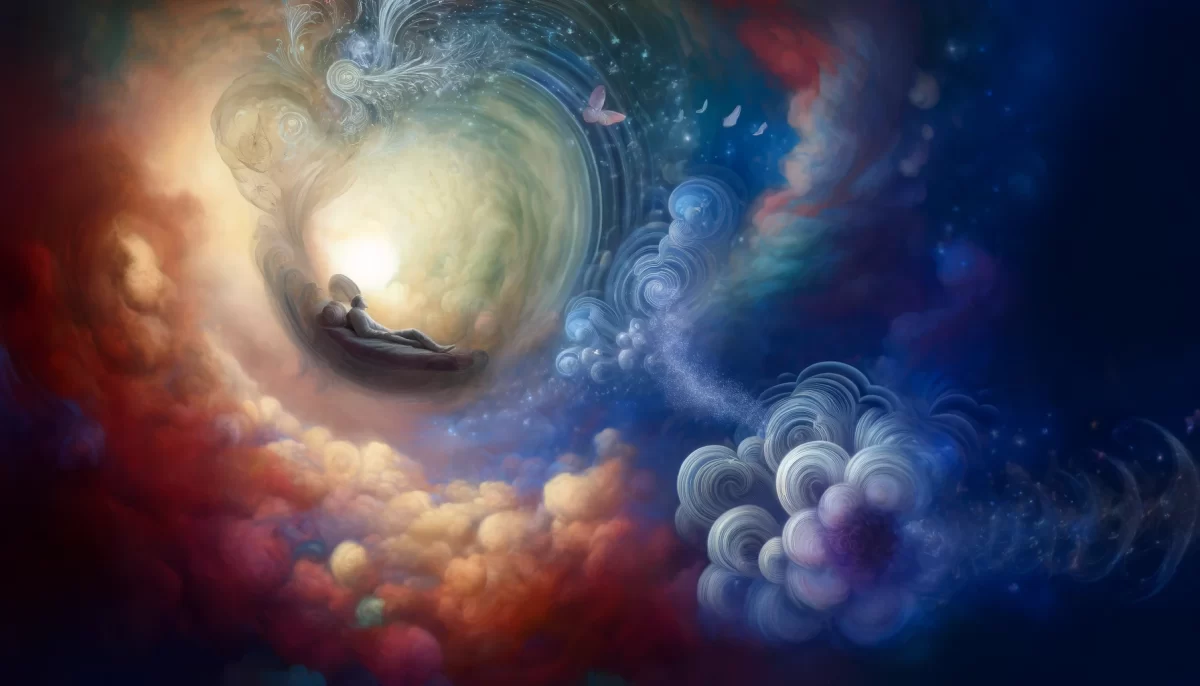
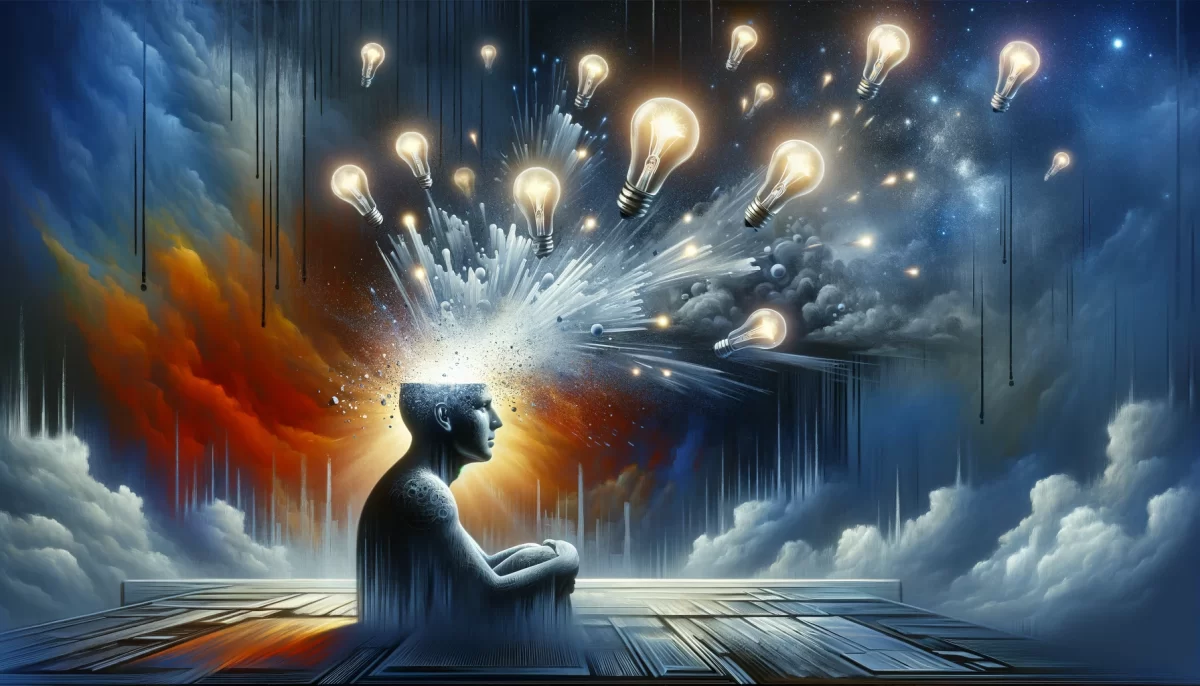
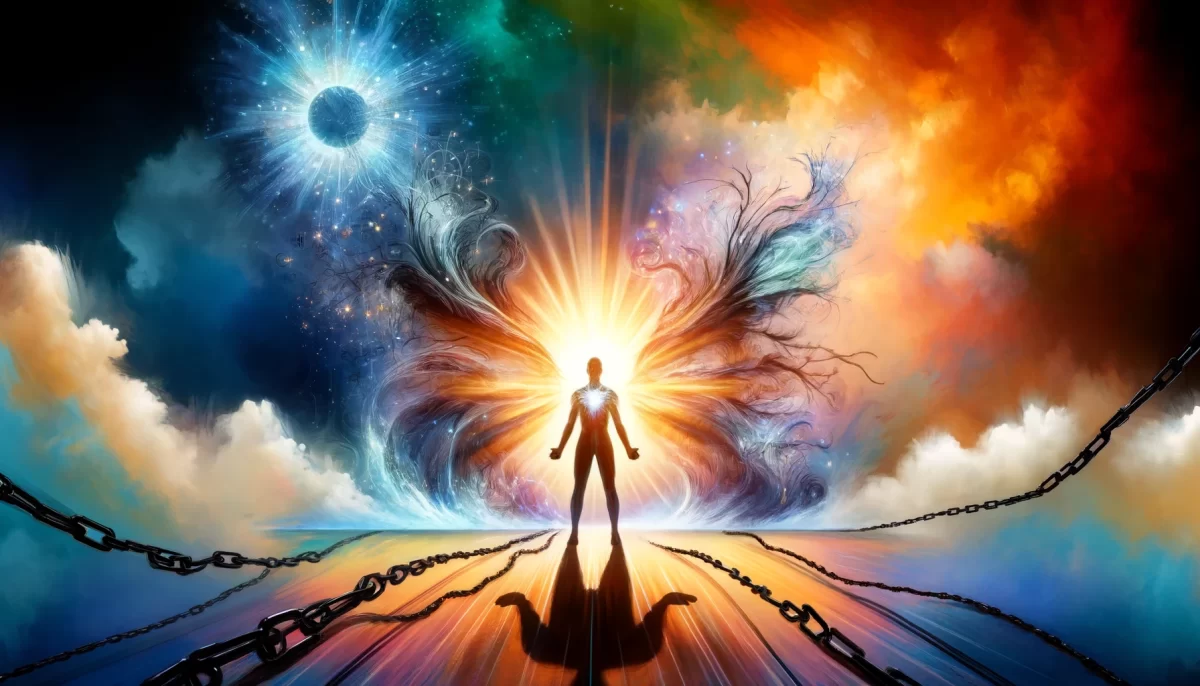
Leave a Reply